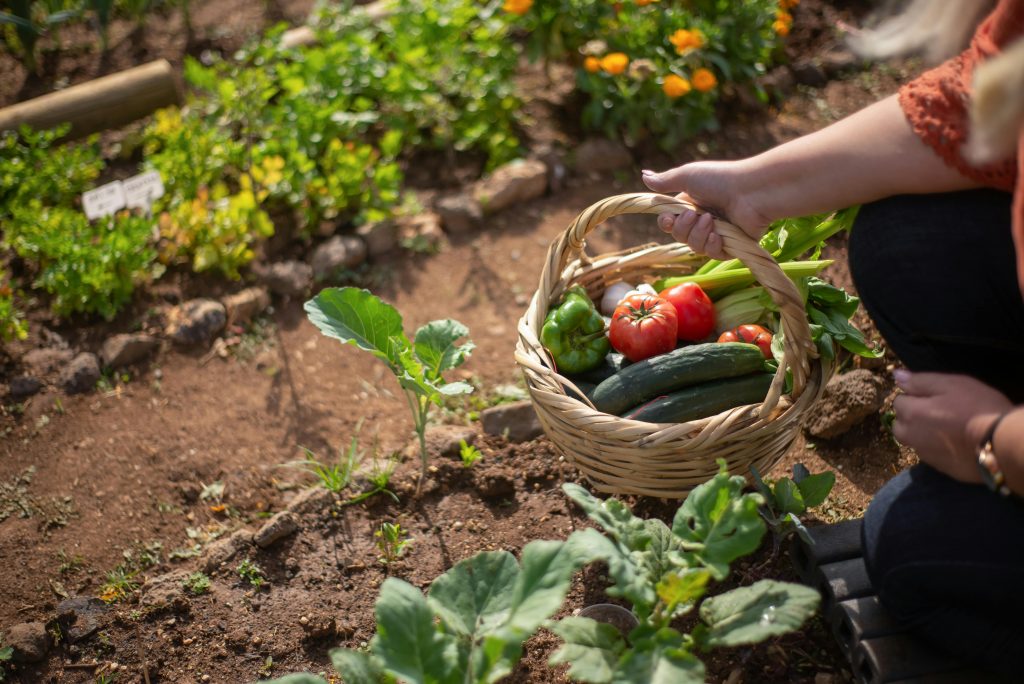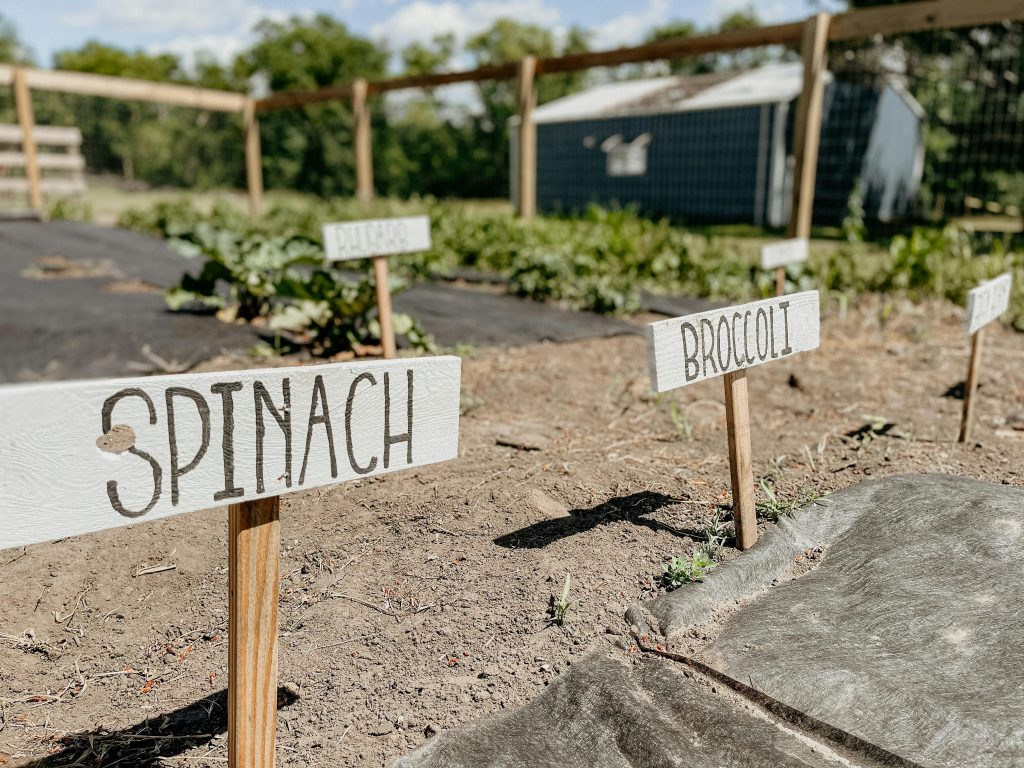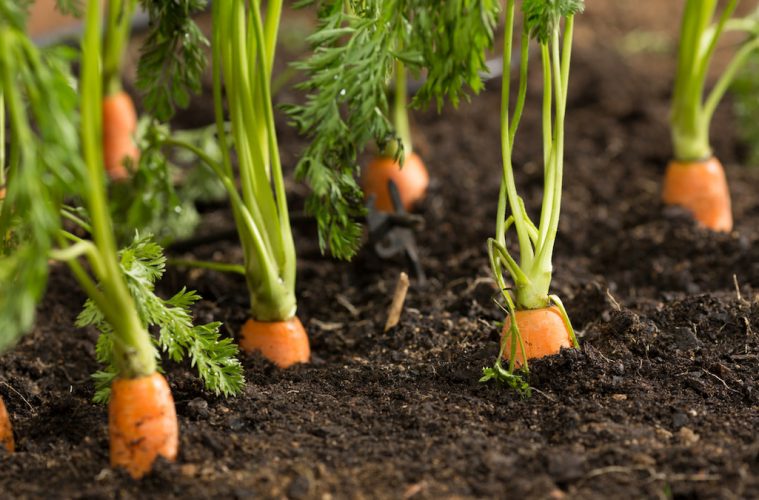Vegetable gardening at home is a delightful way to save money and connect with nature. Many people might hesitate to start a veggie garden because they’re unsure about the commitment it takes and the fear of not doing it right the first time around. But with a little patience and following these simple tips, you can start your vegetable garden off correctly. Not only does home-grown produce taste better, but tending to your vegetable garden also doubles as exercise.
6 Simple tips for starting your vegetable garden right
1. Begin with a small space
For those new to gardening, starting small is key. Opt for a beginner-friendly 1.83 x 1.83 meters garden and select up to five types of veggies to plant. This ensures you learn the basics without overwhelming yourself. Container gardening is another fantastic option if you lack a yard—your sunny deck or balcony can host a thriving garden.
2. Grow veggies that you love to eat
Consider your taste buds when choosing what to grow. Pay attention to seed descriptions, be picky about varieties, and think about productivity. Plant a mix of cool and warm-weather veggies to enjoy a continuous harvest throughout the seasons.

Pexels
3. Choose the right spot
For a thriving garden, pick a spot with plenty of sunlight, at least 6 to 8 hours a day. If your space has partial shade, go for veggies that love it, like lettuce and kale. Additionally, consider water access—closer is better. Installing a drip irrigation system or soaker hoses can save you time and water.
4. Plan your garden layout
Decide between row cropping and intensive cropping based on your garden’s size. Row cropping suits larger spaces, while intensive cropping maximises productivity in smaller beds. Think about plant placement and consider vertical gardening for space efficiency.

Pexels
5. Start with rich soil
Healthy soil is the foundation for a bountiful harvest. Feel the soil; it should be dark, crumbly, and full of life. Adding compost to sandy soil improves water retention, while for clay soil, compost aids in drainage. Testing your soil reveals important details like pH levels, guiding you on necessary amendments.
6. Be ready for pests and diseases
Keep your veggies safe by minimising weeds with mulch and deterring animals with fences. Handpick insects and caterpillars, or use insecticidal soap for larger infestations. Water the soil, not the leaves, to reduce fungal diseases, and promptly remove and dispose of any infected plants.
ALSO SEE:
Feature image: Pexels


